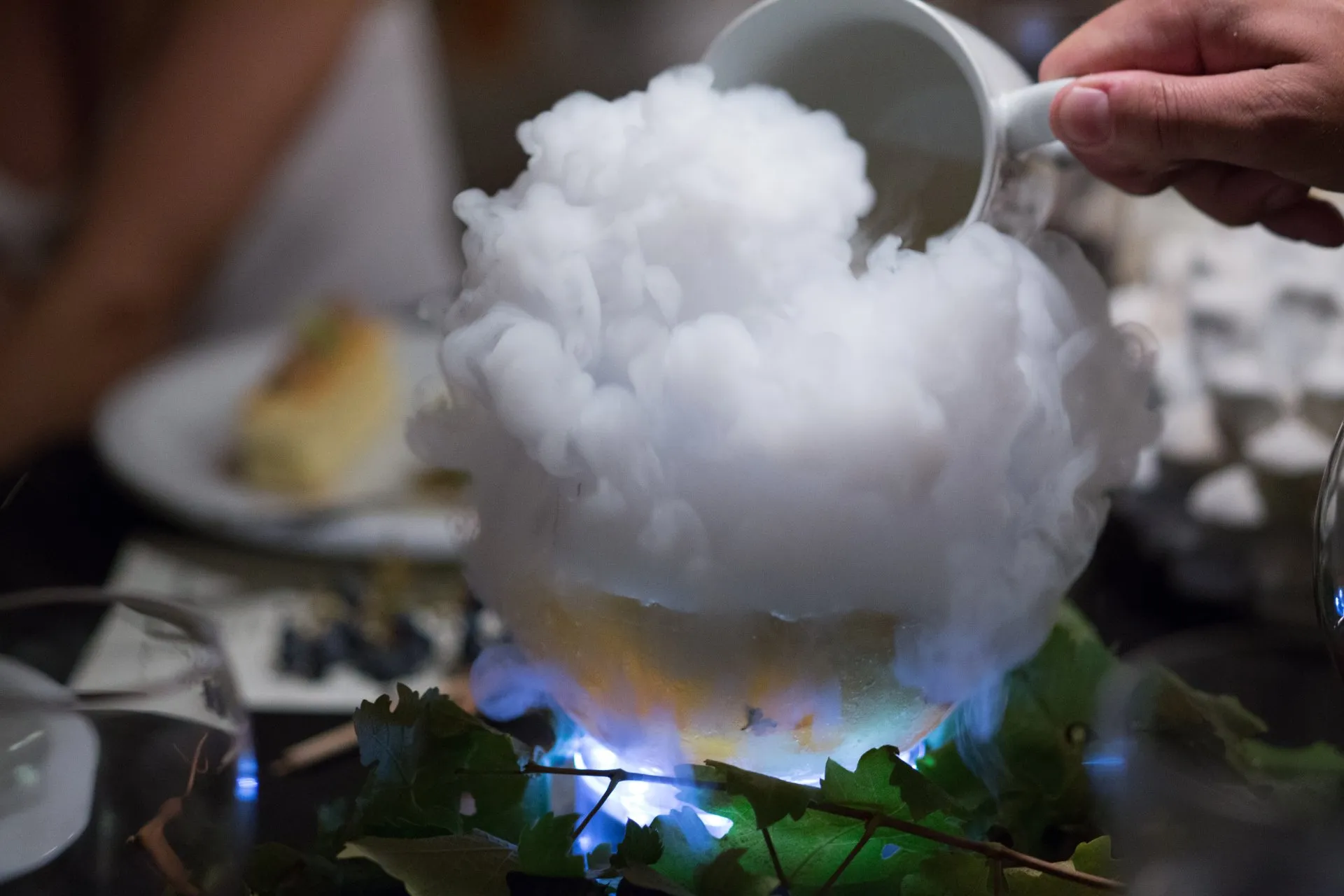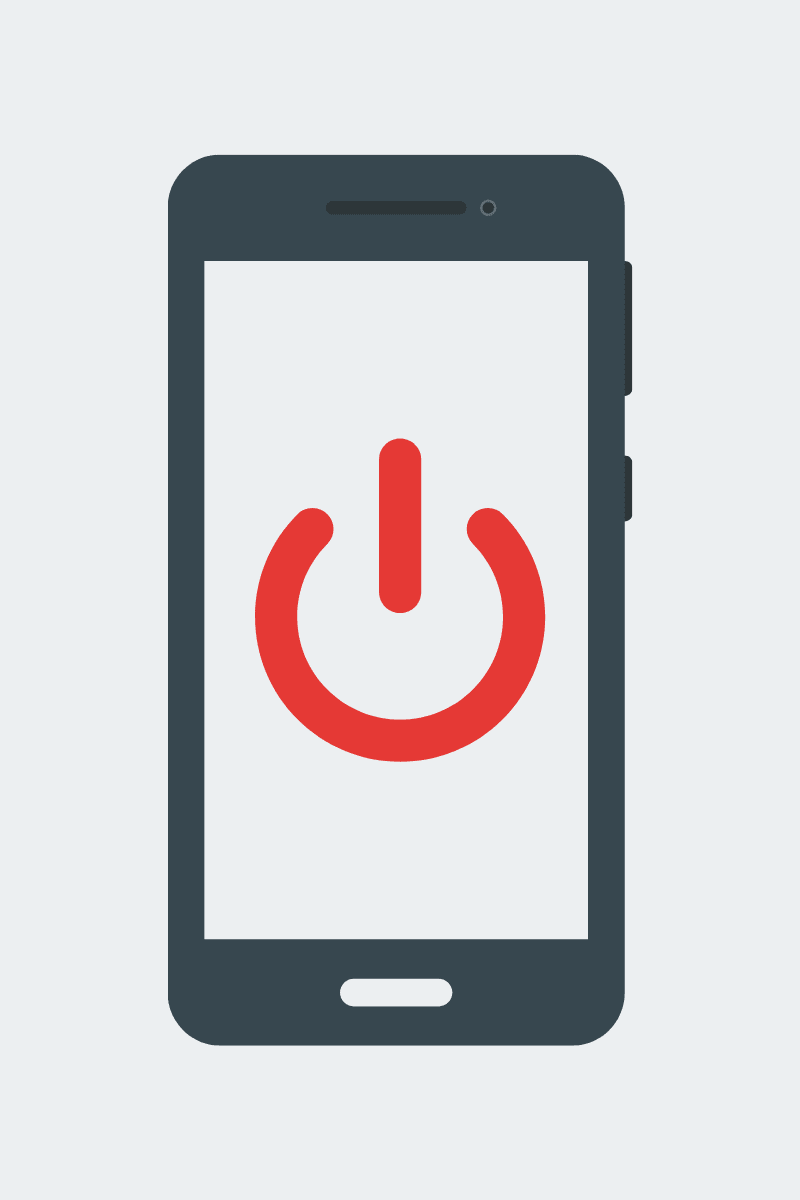
You might have seen “self-care” memes and accounts scattered across your social media. It’s buzzy, it’s in the zeitgeist, and it’s actually really fucking important. “Self-care is what a person does to stay both physically and mentally healthy,” says Dr. Nicole (Nikki) Lacherza-Drew, Psy.D. is a Licensed Psychologist in NJ and owner of Vici Psychological Care, LLC. “It is important as self-care activities have shown to decrease symptoms of anxiety and depression, as well as physical ailments as well.”
But we get it, you’re busy. Maybe you have kids, or a demanding boss (read: kids), or tons of obligations that make putting yourself first feel impossible. As you know, though, if you don’t make time for yourself, you won’t be as productive and available to all your other commitments. Plus, you’ll become a bitter asshole, and that isn’t fun for anyone.
Here are some self-care tips to cultivate a healthier, happier you, for all of our sakes.
Make sure you have all the right products to help you relax! Here are some amazing products we love that can help you unwind, relax, and rejuvenate:

Studies show that journaling and expressive emotional writing can help with mental health and overall well-being. “You can track your mood and symptoms, which will help you identify triggers and have important points to discuss with your provider,” says Dr. Lacherza-Drew. “It can also help alleviate what you are feeling by getting it out on paper- you can essentially vent to yourself as well.”
“Journaling can also assist in providing reminders of the good moments and positive self-talk for oneself when one is having a bad day,” she adds. Take some time to journal about your big ass feelings: what are your anxieties, worries, and stressors? Who is pissing you off? What are you grateful for? What makes you happy? What do you love about your spouse? What are some qualities you love about yourself? Self care your way through the page.

I mean, we’re a Cannabis-infused fine-dining brand. We’re not going to pass up the chance to promote our favorite way to unwind: through Cannabis. Find a strain and brand you love (it can be an edible, baked into your favorite food, or smoked), and listen to your favorite music or go on a walk. Cannabis has been shown to alleviate pain, help with insomnia, and boost your mood, which is why it’s always part of our weekly self-care routines.

Studies show that spending time in nature is good for your mental health.
For your self-care Saturday, find an awesome hiking trail, bike ride along a gorgeous beach path, or take a walk along a scenic road.
It helps if you take an edible beforehand, too, but that’s just our favorite way.
Do it your way, we can’t tell you what to do.

I’m Chelsea, and I’m a houseplant junkie. Don’t @ me.
Caring for houseplants has been shown to reduce psychological and physiological stress.
Plus, they just look freakin’ dope.
How much light you have and how much time you’re willing to spend caring for them will determine which kind of houseplants you end up getting, but we love no-fuss plants like snake plants, gorgeous hanging pothos, and cool ass Bromeliads.

According to the National Sleep Foundation, you need about 7-9 hours of sleep every night to maintain your health and well-being, and to not be such a huge bummer to hang out with.
“Sleep is how our body rests and restores itself,” says Dr. Lacherza-Drew.
“If we are not engaging in appropriate sleep habits (e.g. consistent sleep and wake time, limiting screens, etc.) it can impact our sleep cycle, which then impacts our mood, judgment, and concentration, among other things the next day.”

Self care might be as simple as hitting Do Not Disturb.
Try to set boundaries on how much screen time you’re getting, since looking at highlight reels from your middle school bully on Instagram probably does not make you feel amazing (what happened to bullies peaking in high school? This is bullshit).
“Numerous studies have shown that screen time can impact our mood.
The idea of FOMO is actually a thing and most people only post positive things on social media.
We can go down the rabbit hole of comparing ourselves to the perception of others and what others want us to see,” says Dr. Lacherza-Drew.
